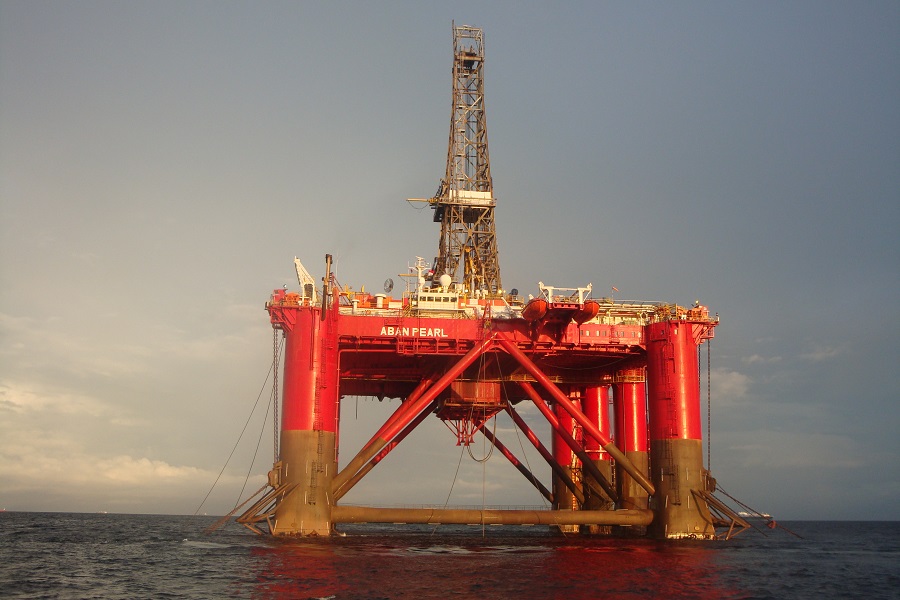As the Trump administration considers imposing sanctions on Venezuela by blocking their oil from American ports, it is worth considering whether or not such a tactic will actually work. The plurality of evidence suggests no, it will not. In all likelihood sanctions on Venezuelan oil will do more harm than good, and will end up punishing the wrong people.
To be clear: Venezuela is an awful place to live and the government is squarely to blame. The regime’s corruption, incompetence, and zealous ideological blindness has transformed South America’s richest economy into a poverty-stricken backwater.
Against all the odds, the socialist government has created famine in a land of rich soils and year-round growing seasons—people are literally breaking into zoos to eat zebras to survive. Likewise, they have impoverished a nation that sits on the world’s largest oil reserves: not even Saudi Arabia’s brutal despots are this incompetent.
Nevertheless, imposing sanctions on Venezuelan oil is a bad idea.
The main reason for this is that sanctions are generally ineffective if imposed on fungible goods, meaning that said goods are functionally interchangeable on international markets. Oil is a fungible good. Therefore, aside from the initial logistical disruption, boycotting Venezuelan oil will likely have little impact on their exports—Venezuela will simply sell more to Europe, China, and South America, while Americans buy more from Saudi Arabia (at a higher price). Remember, Europeans do not condemn Venezuela’s socialist dictatorship, and China is actively courting South American states as allies and trading partners. Without Europe and China on-board, an oil embargo will have little chance at succeeding.
But just for the sake of argument, assume the sanctions are effective and Venezuela’s economy is completely ruined by America’s import ban. Would it matter? Venezuela’s ruling class is insulated from the general population and cares little about their wellbeing. The fact is that most autocrats would rather let millions starve to death than relinquish their power—we have seen this before in North Korea, Cuba, and the USSR. Venezuela is no different: brutal street battles have been fought, people are starving, and still the government continues trying to manifest its socialist utopia. Sanctioning Venezuelan oil will not impact the government aristocracy, it will simply impoverish ordinary people.
Many historical examples prove this point. Recall how Western sanctions on Syria caused starvation, and contributed to the rise of ISIS, but had zero impact on the welfare of Bashar al-Assad, or the rest of the ruling elite. Sanctions made ordinary Syrians poorer, not its ruling class. The same was true in Cuba and Iran. Worth reading is this report from the Foundation for Economic Education: it looks at the impact of sanctions in the Balkans, and finds that sanctions do not work, they just further concentrate power in the hands of the ruling class.
There are also broader political ramifications worth considering. Economics and politics are intertwined: attacking an authoritarian regime economically plays into said regime’s political narrative, and can strengthen said regime. Simply put: sanctions will empower and embolden President Maduro. Consider the case in the former USSR. Every time America engaged in economic warfare against the USSR, no matter how much damage it did, it gave credence to the Soviet government’s narrative: the US is an evil empire trying to destroy the USSR and harm its people. America played right into their hands. And of course, the same thing happened in North Korea and Cuba—the political strength of their regimes was intimately tied to their economic hardship. The same will be true in Venezuela: sanctions will unite Venezuelans against a foreign “enemy”, and this will do more harm than good.
Finally, sanctions are often counterproductive because they limit the organic spread of Western values. Western values terrify dictatorships. Why? Because freedom is natural. Desirable. It spreads all by itself. This is why authoritarian regimes expend great time and energy to scrub the internet of Western influences- -they do not want their people “getting any ideas”. These values do not just spread through popular culture, they spread through commercial connections. When we do business with foreigners, we give them a glimpse of what it is like in America. They experience a little bit of freedom, and wealth. The spread of free markets, and the riches they generate, is what ultimately opened up China, and it is what continues to reduce the power of the Communist Party. By imposing sanctions, America will end up helping Maduro, doing his dirty-work for him. The best way to liberalize Venezuela is to increase economic ties with them.
Sanctions have a mixed-record, to put it lightly. Sometimes they are effective, but often they are entirely counterproductive, and end up strengthening the foreign regime. The Trump administration must be careful not to make things worse—especially since Venezuela will collapse on its own. Instead, he should focus on growing the economy and avoiding foreign excursions, as promised.







